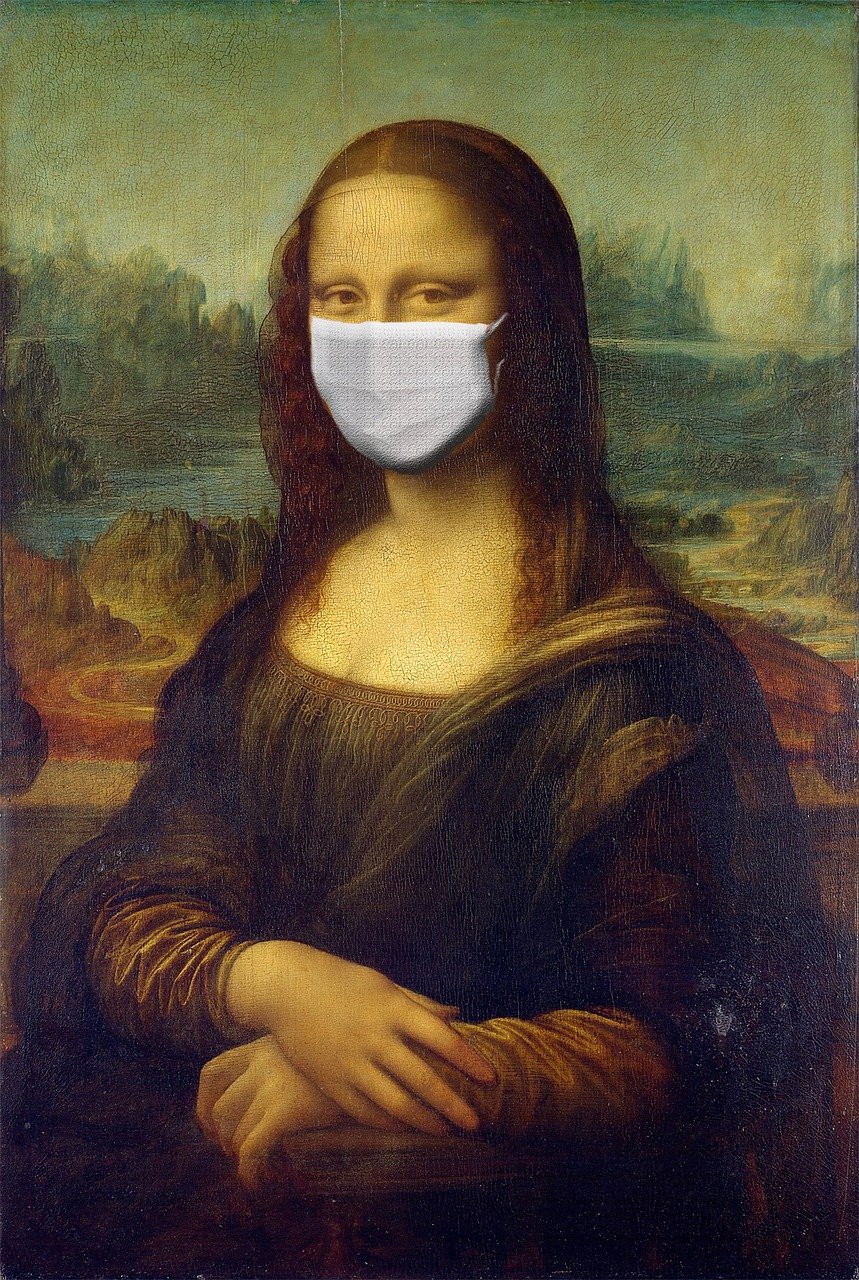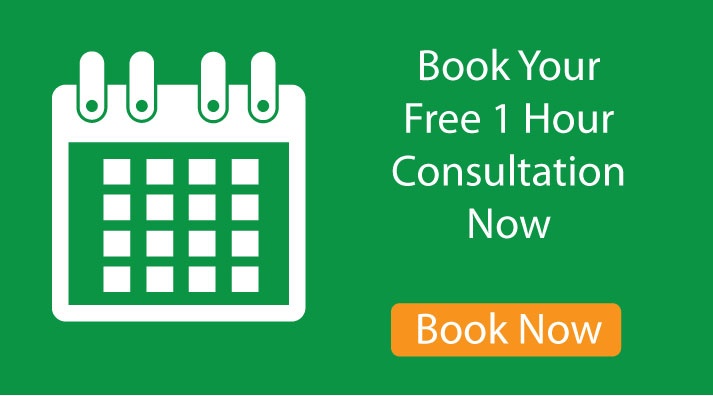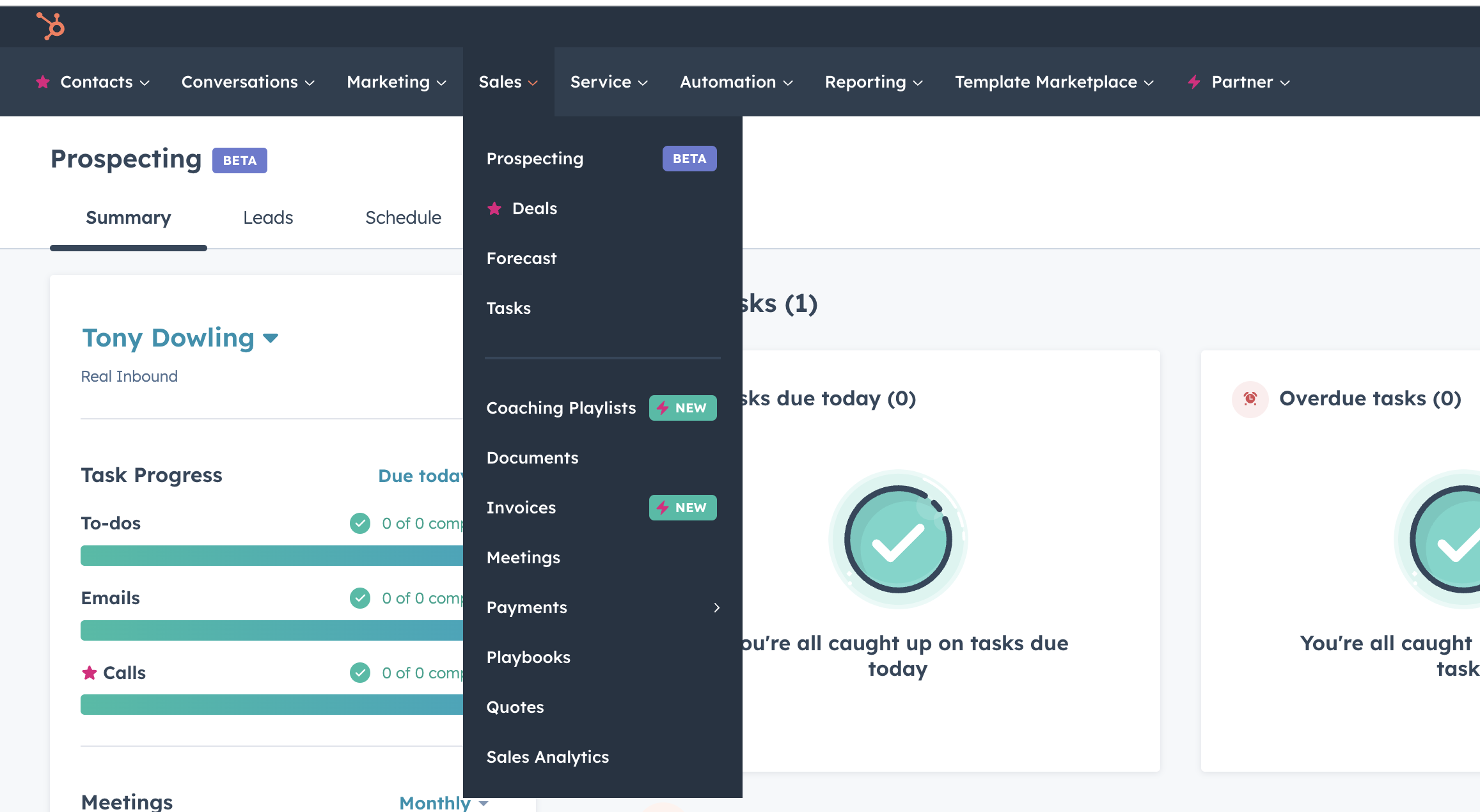Its pretty well recognised that business has passed through several phases since the early days of pre industrial times. Back then, a business got by on its reputation and its immediate network in the communities they served. If you did a bad job, or ripped someone off, then everyone got to hear about it and that was bad news for business.
Production Orientation
Businesses that wanted to be big, and make more money, became focussed making more things, more efficiently and more cheaply in order to maximise return.
This was the period where demand outstripped supply and simply put, people bought whatever a business made thanks to their new jobs and social mobility. Periods of rebuilding after the wars of the 19th and early 20th centuries also contributed to this curve.
But as supply caught up with that demand there suddenly weren't quite so many customers out there, and this led to the next phase in business development.
Sales Orientation
Now businesses found themselves increasingly competing for market share, and against a background of declining prices brought on by competition and therefore reduced margins, in came selling as a profession.
Selling in the simplest sense asks customer to buy from you, rather than your most hated competitor. And as it developed business became increasingly sophisticated. We saw price hikes and corresponding sales, coupons, face to face sales people and eventually advertising.
Advertising started off as highly targeted and relevant. Maybe an ad in your local paper describing the benefits of a seasonal offer from one of the town or cities well known businesses.
But it slowly became a monster. The era of mass media saw response rates dive and the corresponding desire to reach more and more people to offset the lack of response.
Marketing Orientation
As the media grew and grew, and advertising got cheaper, proliferated more, and got more intrusive and therefore less effective, consumers switched off and outright avoided ads.
The sellers were still around doing their thing, but many businesses became better at anticipating demand and creating products that were 'ahead of the curve'. This created some respite for beleaguered brands looking for sales and margin and allowed them to charge premium prices for what were considered premium products.
Design heavy and supported by clever messages and the introduction of behavioural psychology into business practice, marketing orientated businesses thrived.
But still, the element of supply being less than the demand for 'stuff' was an underlying trend everyone needed to fight to survive.
Digital Orientation
The digital revolution and explosion of social media in the early 21st century saw the power shift from the big businesses and mass media and back towards the people or consumers themselves.
New business sprung up to simply sell at the cheapest prices and to make the 'journey' as easy as they could for the customer.
Suddenly the customer was first, and the what the business wanted, or they way they wanted to do it, needed to be transformed inline with new, higher level of expectation from their customers.
Data also transformed things, and machine led intrusion into our lives, to anticipate when we might be ready to buy a product, or to nudge us along the path to buying a product ramped up and up.
Things got so bad in this phase that governments had to resort to legislation to protect the very people the companies should have been trying to help.
Data was lost and stolen and fraud and online crime marched hand in hand with the new ways to buy. As 'things got easier to do, thanks to data and analysis, machine learning and AI, we were increasingly over whelmed with a snow storm of messages asking us to buy.
And along came a virus called Corona
As we now sit, the world is turned around. We still have the benefits of that technology thank God, and we need to get better and smarter with these news ways of working. But stuck as we are at home, or even worse, in isolation, the important things in life are becoming more apparent.
How we act is now vital. With our families and work colleagues and even the people we met on the street. Consideration is being reintroduced into our lives. We are stepping aside for the elderly where we can to allow them to pass by within their safe zone. And I think that will continue,
Our relationships are now vital. Always important, for some, the phone call from a friend or family member or even from a contact in their business world is a now a highlight of an otherwise empty day.
We are actively seeking communication from people, any people, as the isolations underscores what social animals we all are.
And technology is now vital. Whether it's connecting our elderly to their children and grandchildren via Whats app, Facebook and Instagram etc. Or finally getting around to setting our businesses up to take advantage of CRM, sales tools, video calling, video conferencing, virtual services, and many other soon to become vital tools for business,
But it's also comforting that the technology is being used to help us look back to a time and a way we used to work. To communicate and build our brands for sure. But also to be kind, to support each other. To build reputations for trustworthiness and reliability as we keep our heads and others around us lose theirs.
In fact, it's a little like going back to a time before before mass media, and the interruptions of the sales and marketing ages into a new, more important, and more human way of working.
If you would like to explore these issues and how they effect your business, or are ready to talk about how best to respond to this post virus world, let's talk (virtually) now!
Get in touch and we'll be happy to help.






